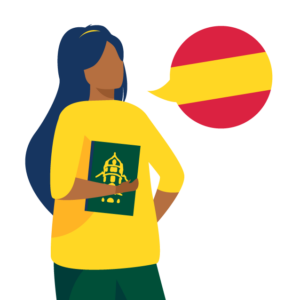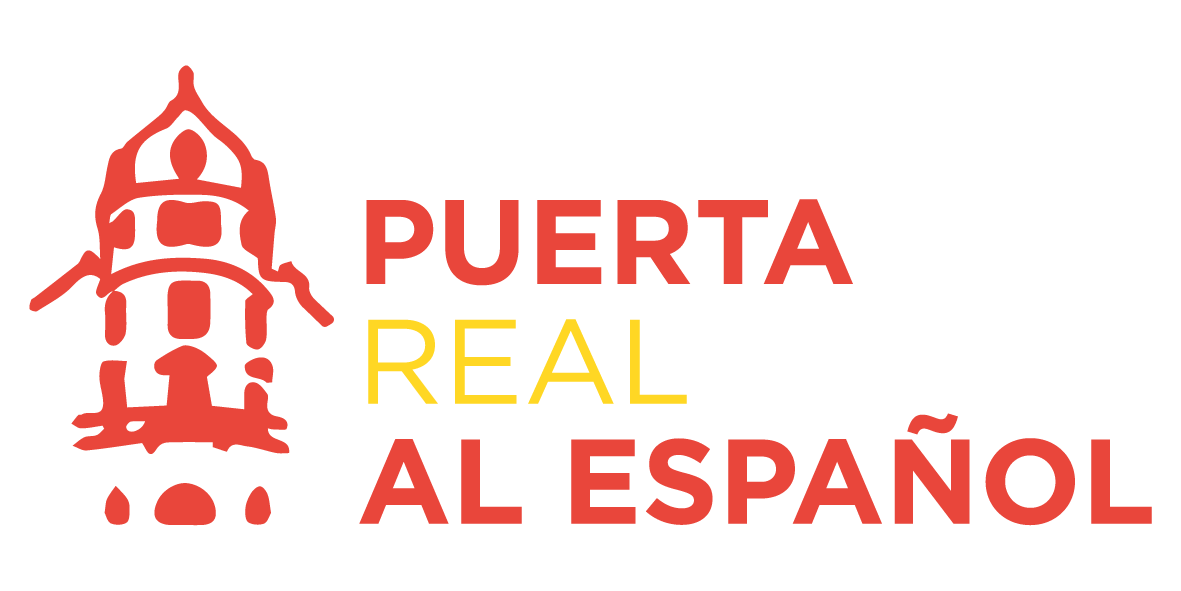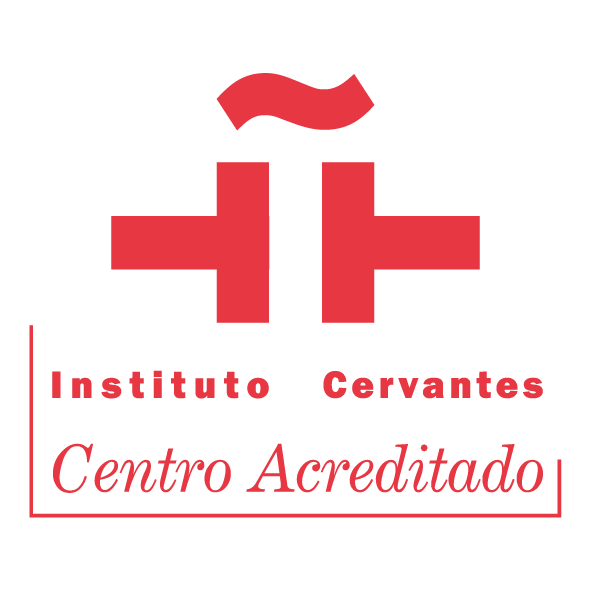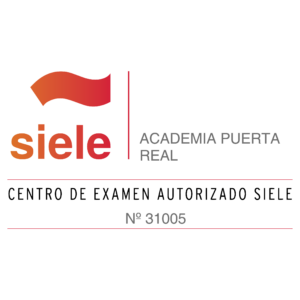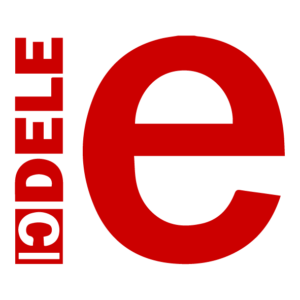In today’s world with the challenges of professionalisation and global education, the official certification of the level of competence in the Spanish language represents a growing need. In response to this need, the SIELE and DELE exams are internationally valid options offered by various institutions, especially the Instituto Cervantes.
According to their needs, the applicants can opt for the International Spanish Language Evaluation Service (SIELE), which can be carried out electronically, in an adaptable way (evaluating only a number of language skills that the applicant chooses), flexible (at any time of the year and with a short deadline for the communication of results) and of high quality.
The SIELE exam is promoted and endorsed by four institutions committed to education (although it is applied in more than 20 countries): the Instituto Cervantes (IC), the National Autonomous University of Mexico (UNAM), the University of Salamanca (USAL) and the University of Buenos Aires (UBA); and its design is aimed at both students and professionals from the five continents.
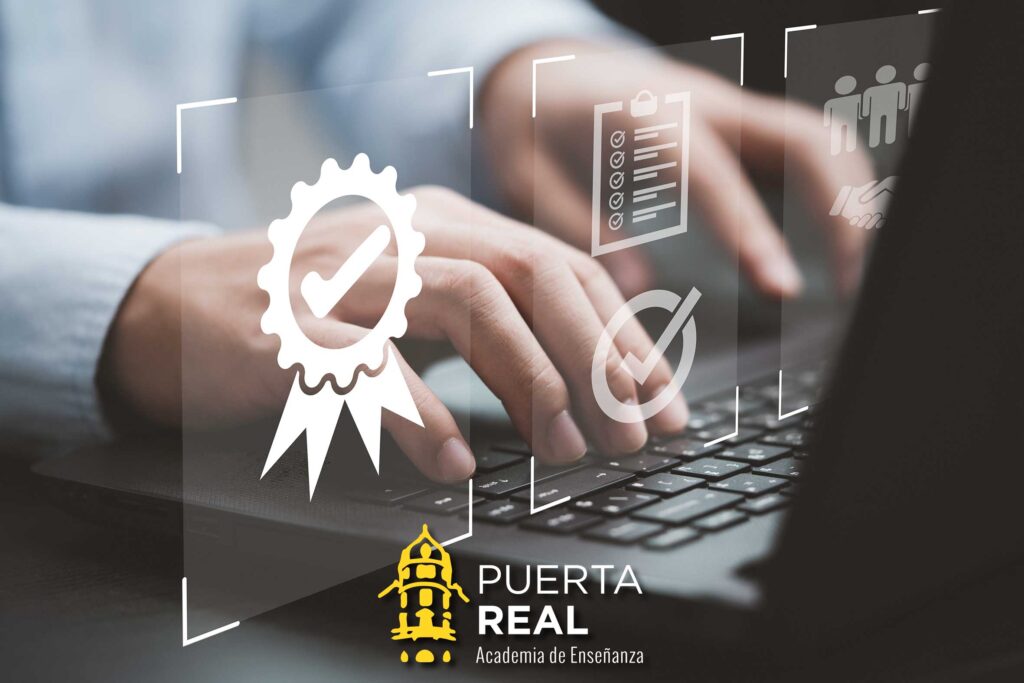
It consists of four tests: Reading Comprehension (CL), Listening Comprehension (CA), Written Expression and Interaction (EIE) and Oral Expression and Interaction (EIO), for which it takes the levels established by the Common European Framework of Reference for Languages (CEFR) as a reference. In this way, it certifies knowledge of Spanish on a scale that goes from 0 to 1000 and whose correspondence represents levels A1 to C1. Its results are valid for 5 years.
On the other hand, the Spanish as a Foreign Language Certificates (DELE) are official qualifications accrediting the degree of competence and command of the Spanish language, awarded by the Instituto Cervantes on behalf of the Spanish Ministry of Education and Vocational Training. Like the SIELE, the DELE assesses the four language skills, although in this case there is no option to take any of the tests separately.
For the DELE exam, candidates must register for the level of proficiency they wish to accredit, and the results are expressed as “pass” or “fail”. In this case, the available registration levels range from A1 to C2 and its School variables from levels A1 and A2/B1. Due to the depth of the exam and the complexity of its management (as it is the most widely used exam globally and is valid indefinitely), the deadline for delivery of results is approximately 3 months.
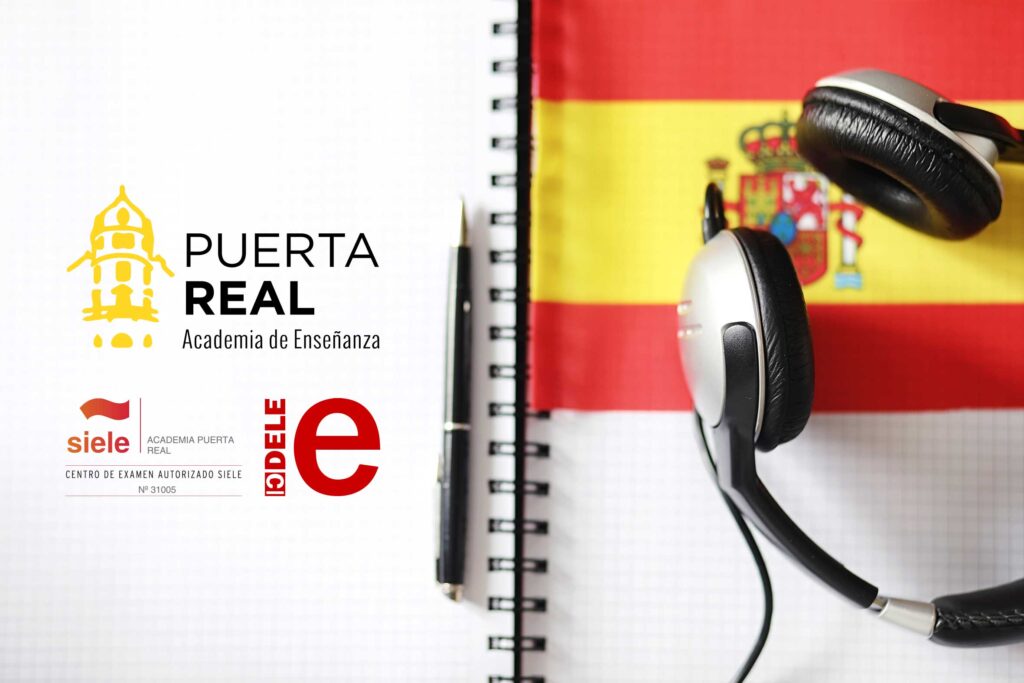
Academia Puerta Real is an authorised centre for the SIELE Global exam and encourages its student community to take the exam as part of their educational pathway. Both during classes and at the end of each course, the centre establishes as part of its educational approach the balanced mastery of the four language skills (according to the nomenclature and approach of SIELE and DELE) and the need to certify the level achieved during their training at the academy.
Likewise, in addition to offering information concerning the registration, application, preparation and results of the SIELE exam through its website and through its academic and administrative team, the centre informs about the differences between this assessment and the DELE, as well as the sections that make it up and the level of acceptance by academic and professional institutions of each one.
The SIELE and DELE exams are quality, internationally accepted options that allow speakers of Spanish as a foreign language to certify their level of linguistic and communicative competence.
Rebeca Ferreiro González,
ELE Academic Coordinator
